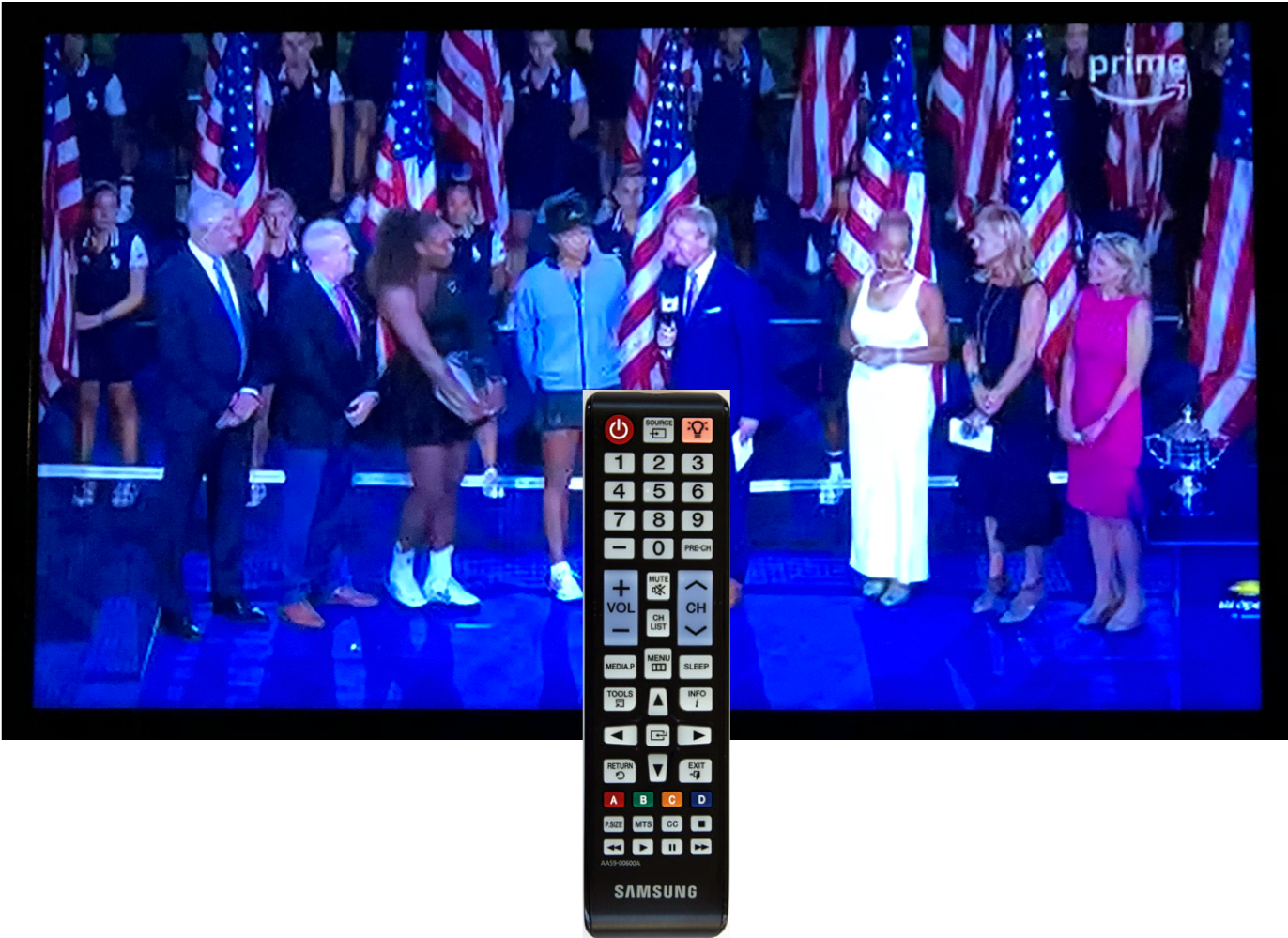What we’re thinking

Umpires, players, commentators and the ‘Pause’ button
Late on Saturday evening, as I waited to collect my teenage son from a party, I was enthralled by the US Open women’s final. The best female tennis player that has ever lived, Serena Williams, lost her temper live on TV in front of millions. The first-time champion, Naomi Osaka, looked bewildered by the whole situation, and at the peak of her career and proudest moment she looked confused and almost disappointed. Carlos Ramos, the umpire at the centre of the drama quickly disappeared from the stage. A presentation ceremony took place that felt highly uncomfortable. The whole episode made for gripping viewing and it felt as though the tension, pressure, sense of expectation and feelings of responsibility all became too much.
As I watched the players, the umpire, referee, the commentators on my TV screen, members of the presentation party, and the journalists and pundits in the studio, I wanted everyone to be able to press the ‘pause’ button.
One of the aspects of coaching that I love is helping our clients press the ‘pause’ button:
What’s going on?
What’s happening now?
How are you feeling?
What emotions are present?
Thoughts?
What do you want to do?
What are your options?
What might be the implications of those options?
Which option do you want to try first?
When are you ready to press ‘play’?
These are often highly fruitful conversations during which we can notice what’s happening before reacting, explore what’s triggering us and then respond with a conscious intent.
Since last weekend the media has been full of coverage and opinion and contrasting perspectives about what took place on the tennis court, and why, and what should be done. And it’s made me more conscious of how many times this week I’ve missed my ‘pause’ button, and emotionally reacted instead of thoughtfully responded.
So, a thought for today is for us all to be aware of our ‘Pause’ buttons. Notice when we wish we’d used them more, see if we can use them during this week, and take the learnings from when we do, and when we don’t.
Enjoy pressing ‘Pause’.

Andrew Bidnell is a professional certified coach and an experienced consultant who founded InsideOut Consulting in 2006. The focus is on leadership and communication and, in particular, the challenge of engagement – of self and of others – to achieve maximum impact and fulfillment. He has worked internationally with 1,000+ leaders in the public, private and not-for-profit sectors, always seeking to facilitate, challenge, support and unlock potential that lies inside an individual, a community, an organisation, and bring that strength, passion and knowledge out for maximum impact.